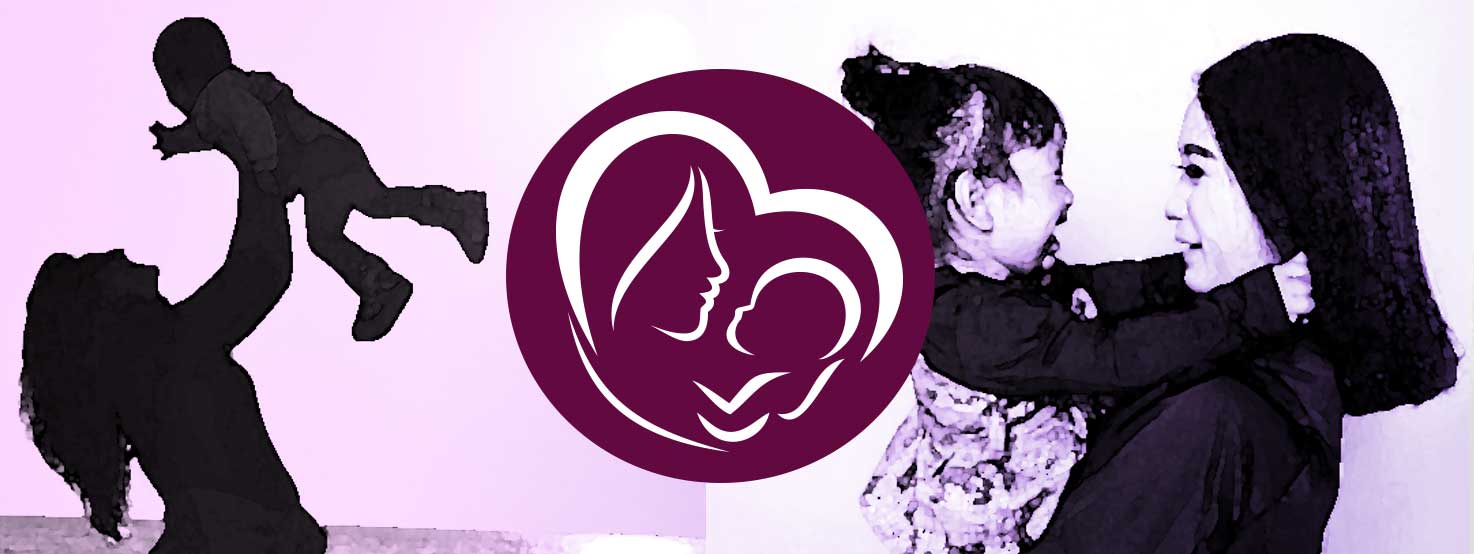Channels

Rotary

Rotary Conference

Laurel Health Centers

Penn Oak Realty

Movin Together

Bank On It

Dunhams Corner

By The Door

Questioning Life

Karschners Insurance

Ag Happenings

Back to Basics

Hornet Happenings

Live From The Hive

Momday Monday

Pennsylvania Politics

The Briefing

Weekly Highlights

Wellsboro Chamber
Dealing With Holiday Grief & Depression
The holidays are celebrated as a time for joy and togetherness, but when you or someone you love is struggling with loss, depression, or illness, they can become more stressful to navigate.
Our emotional pain affects each of us differently. Whether we’re dealing with divorce, sickness, depression, or a death in the family, the holidays are a uniquely challenging time when we’re struggling. Because they are full of traditions, events, group meals, and company, holidays can trigger and heighten feelings of loss.
But feeling sad, mad, or empty isn’t always a bad thing. Laurel Behavioral Health’s Jerry Cerrone, Ph.D., clinical psychologist, discusses how to process these feelings in a positive way when the holidays become too much.
Try these 10 strategies to help you, or someone you love, through a difficult holiday:
1. Recognize that grief and depression are very personal and very complex. Don’t be disheartened if you can’t just “snap out of it” despite the festivities. When these negative feelings strike, ask yourself what you need. Do you want to be alone to process your feelings? Would you prefer some company from friends and family? Do you need a positive distraction? Make whichever decision is best for you.
2. Don’t deny your feelings. There’s a lot of pressure to act happy throughout the holidays, but if you’re unhappy, you shouldn’t deny it. These feelings are telling you something important. If you’ve lost someone you love, grief is one way of honoring their place in our lives. Allow yourself to cry. Experts agree that experiencing the pain of loss enables you to continue healing.
3. Make plans to go out, but have an exit strategy. Being around others can help, but if it becomes overwhelming, take a time out. When you accept an invitation to a holiday gathering or event, know that your feelings about participating in it may change, sometimes even during the event itself. If possible, plan to attend with a friend for support, but make it clear that you may decide you no longer want to attend or need to leave early.
4. Scale back. If you suspect certain traditions or activities will be too difficult, allow yourself to skip them. You may want to decorate less or not at all. You may struggle with gift giving. Take things one step at a time. Don’t feel pressure to embrace the holiday if you’re not feeling up to it.
5. Focus on good health. Don’t use drugs or alcohol to numb your feelings. Get plenty of rest, eat a nutritious diet, and make time for exercise. Not only will it help you feel better by boosting serotonin, it also helps prevent holiday weight gain and mitigates stress.
6. Help others. Volunteering can help counter personal depression and grief. Community service, such as working at a food bank, charity gift exchange, or homeless shelter, places you around other helpers and can create a feeling of goodwill.
7. Create a new tradition. Look for a new decoration, event, or food to add to your celebration. A new tradition can help you reconnect to what you find important after a challenging year, honor a lost loved one, or symbolize a fresh start.
8. Express yourself. It’s normal to struggle. Whether you need an afternoon of crying, laughing, or both, make time for it. Expressing your feelings, whatever they may be, is an important part of coping with personal struggle and loss. As long as we do not pair our pain with distorted thinking like “I’ll never be happy again,” embracing emotions like sadness can be very healthy.
9. In the face of loss, share their story. Talking about a lost loved one can be therapeutic. The holidays are some of the most challenging times after losing a loved one, but you shouldn’t avoid talking about your or someone else’s loss. Not broaching the loss can make you and others feel stifled or imply they can’t broach the subject themselves. If you aren’t sure where to start, consider looking through photos or sharing a song or story that they loved. You may also consider honoring the memory of a lost loved one by donating to a charity or cause they cared about in his or her name.
10. Seek help. You don’t have to go through this alone. If you are struggling or feel like no one understands what you’re going through, talking to someone specially trained to help can make a difference. If you are looking for company and to talk to others who personally understand loss or depression, consider attending a support group. If you would prefer to work through your feelings privately, your doctor can refer you to Laurel Behavioral Health’s dedicated therapists and grief counselors.
Find a healthy strategy that works for you, and most importantly, make time for yourself, your thoughts, and your needs this holiday. For more information on grief, depression, or counseling, call Laurel Behavioral Health at 570-723-0620 or visit laurelhc.org.






































